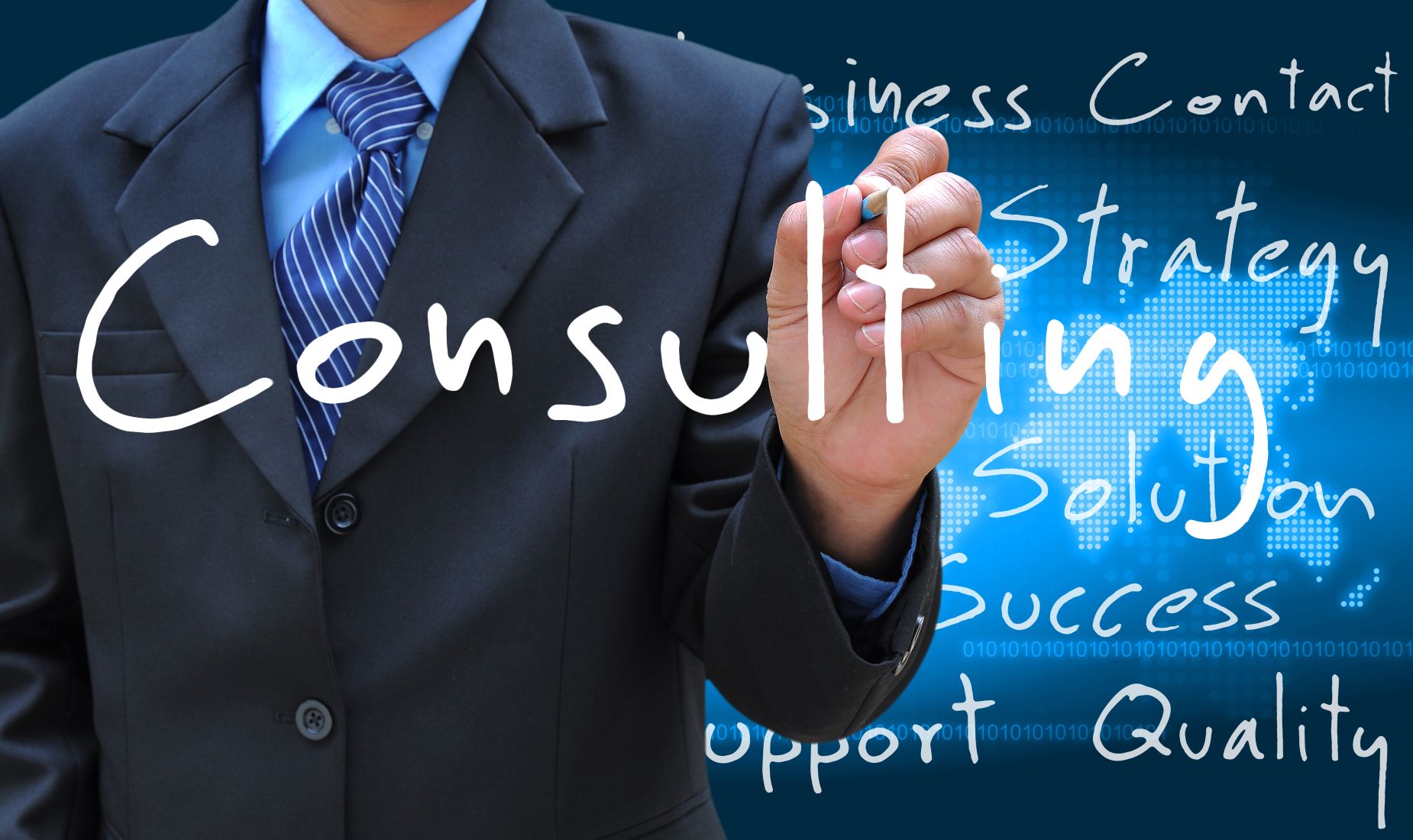How to Become A Career Coach
Like many of the careers one may coach others about, career coaching itself is challenging but rewarding, both to get into and to stay involved in, since there are many professional niches in which a career coach can fit. Theres no one set pathway in learning how to become a career coach, but there are several general guidelines to the career itself.
Career coaching is best and most rewarding on an executive level: best because it is the most challenging and most rewarding because, done successfully, it is quite lucrative. However, in discovering how to become a career coach, one often finds that an extensive set of skills and expertise should already be in place in order to succeed in this particular career path.
A human resources representative, which in essence is what a career coach is, should ideally have several years in human resources, either in hiring or screening, as well as training and experience as a facilitator in career and professional development paradigms, particularly in business and leadership. If one has ever run workshops for careers, created or participated in job fairs or human resources conventions, and run or participated in the interviewing process, one has a leg up in beginning a career coachs position with business and leadership savvy and skills.
An excellent educational plus for a career coach is some grounding in psychology, since the coach will be evaluating personality and behavioral issues in clients while in the field. One should have at least a bachelors degree, preferably a masters, in a business, communication or psychological discipline. At the very least, one should have 5 to 10 years of experience in the business and leadership world in some area of human resources, since experience speaks more truly than educational credentials in one-on-one counseling.
Make no mistake, since there are no shortcuts in this particular aspect of the career: a lengthy period of work in the HR paradigm is essential before one specializes in career coaching. The career coach will need a broad spectrum of business experience and a modicum of expertise in training ability in order to succeed well. The best preparation for this is facilitating workshops, giving presentations, teaching other professionals in HR skills (which is the best form of coaching training) and promoting skill development in human psychology.
The latter trait, addressing behavioral issues in clients, is quite important for the career coach, and he/she should have made a study of behavioral issues in the business world that, after all, is why any client comes to a career coach in the first place. Often, career coaches are hired to address behavioral difficulties in key individuals who, in a particular business, have good technical expertise, but lack fundamental skills in getting along or communicating well.
One important element in career coaching is the analysis of personality, which is measured most frequently in the business world by Myers-Briggs personality testing. This style of testing is a typology that, through a serious of searching questions, determines not only personality types but also possible areas of conflict (and facilitating Myers-Briggs personality testing is excellent experience for any career coach).
For the rest, the actual job of career coaching is one-on-one counseling. The career coach will usually begin with a behavioral assessment of the client, assess potential problem issues, develop an individual behavioral change plan and coach the client on aspects of his work, behavior or personal reactions that he may need to modify. In other words, the career coach shows where behavioral problems interfere with a persons career, and he/she teaches behavioral change.
These are a few of the insights into how to become a career coach, and how to begin working toward this rewarding and challenging career.
Category: Business Consultants
Related Articles
- Note Taking Notes And How To Take Them
- The Creative Problem Solving Re Frame
- Excellent Resume Services That Are Offered by the Resume Experts
- Prepare for the Future
- Find the Best Telemedicine Service in Cherry Hill NJ Urgent Health Care near me
- Risk Free Fundraising - What is it
- How to write a business plan
Business News
Popular Posts
- Universal Pursuit of Happiness - Wisdom from World Religions
- Overcoming Ego and Self-Centeredness - Lessons from World Religions
- Transcending Materialism - Spiritual Practices from World Religions
- Overcoming Prejudice and Intolerance - Guidance from Global Faiths
- How Mind Balance Can Improve the Mindsets of Employees
- Interfaith Insights by 1WorldPeace - The Top 100 Universal Beliefs in Global Spirituality
- Bridging Beliefs - Finding Common Ground in Love and Respect
- The SmartGuy Vision - A United Future Through Interfaith Love and Respect
- A Cautionary Vision - The Grim Future of a Divided World Without Love and Balance
- A Tapestry of Faiths - Exploring the Common Threads in World Religions
- Fostering Harmony Among Christianity Islam Buddhism Hinduism and Judaism
- Preparing Kids for Adulthood - 15 Vital Skills They Wont Learn in School
- Navigating Diversity - Jerusalem's Tactical Approach to Interfaith Harmony
- Clearing Mental Plaque: The Path to Enhanced Communication and Divine Connection
- Why Return to Jesus Christ and the Church
- Top 50 Ways to Live Longer
- Adventurous Romance -The Key to Enhancing Relationship Chemistry
- Pork Tenderloin with Mustard Cream Sauce
- Navigating Technology and Media for Optimal Mental Well-Being
- Understanding the Link Between Mental Health and Substance Abuse
